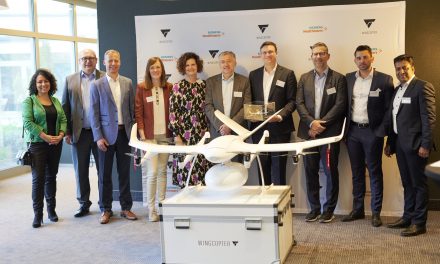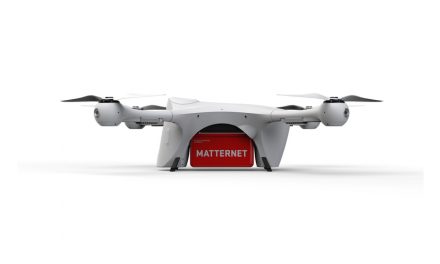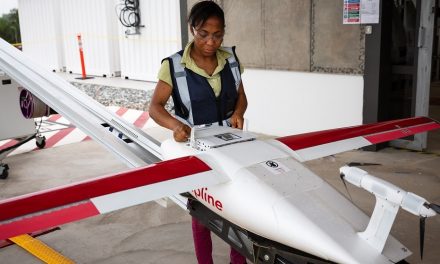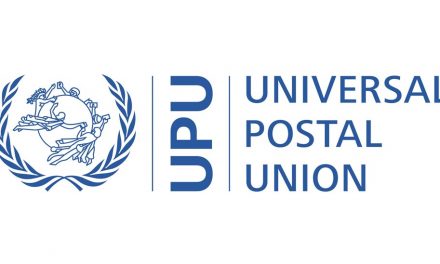
Rwanda launches national drone delivery service
Rwandan President Paul Kagame has launched the world’s first national drone delivery service during a ceremony in the country’s Muhanga District. From today (14 October), the Rwandan government will begin using drones to make up to 150 on-demand, emergency deliveries per day of life-saving blood to 21 transfusing facilities located in the western half of the country.
As previously reported the drone service is being developed in a collaborative effort by UPS, California-based robotics company Zipline, and Gavi, the Vaccine Alliance.
While Rwanda’s drone delivery service will initially focus on blood, the plans is to “quickly expand” the types of medicines and lifesaving vaccines that can be delivered.
“Drones are very useful, both commercially and for improving services in the health sector. We are happy to be launching this innovative technology and to continue working with partners to develop it further,” said Rwandan President Paul Kagame.
Rwanda’s national drone delivery program enables blood transfusion clinics across the Western half of the country to place emergency orders by cell phone text message. The orders are then received by Zipline at its base, known as the Nest, in the country’s Muhanga region where the company maintains a fleet of 15 drones, called Zips.
Each Zip can fly round trips of up to 150 km and carry 1.5kg of blood, which is enough to save a person’s life. Zips take off and land at the Nest, and make deliveries by descending close to the ground and air dropping medicine to a designated spot called a “mailbox” near the health centres they serve. Zipline will make 50-150 emergency flights a day to 21 transfusion clinics across the Western Half of Rwanda and can fulfill orders in around 30 minutes.
Rwanda plans to expand Zipline’s drone delivery service to the Eastern half of the country in early 2017, putting almost every one of the country’s 11 million citizens within reach of instant delivery of lifesaving medicines.
The partners in the drone project hope to use the knowledge gained in Rwanda and export it around the world.
Dr. Seth Berkley, CEO of Gavi, the Vaccine Alliance, commented: “This project will also act as an important test for whether drones are a viable way to improve targeted vaccine delivery around the world. Every child deserves basic, lifesaving vaccines. This technology could be an important step towards ensuring they get them.”
Over the course of the next year, and with the support of the partnership with UPS and Gavi, Zipline plans to expand drone delivery services to countries across Africa and the Americas. Additionally, Zipline recently announced plans at the White House to expand it service to the United States, where it will serve Indian reservations in Maryland, Nevada, and Washington State.












